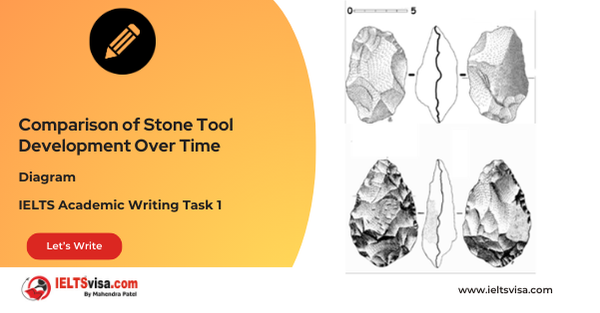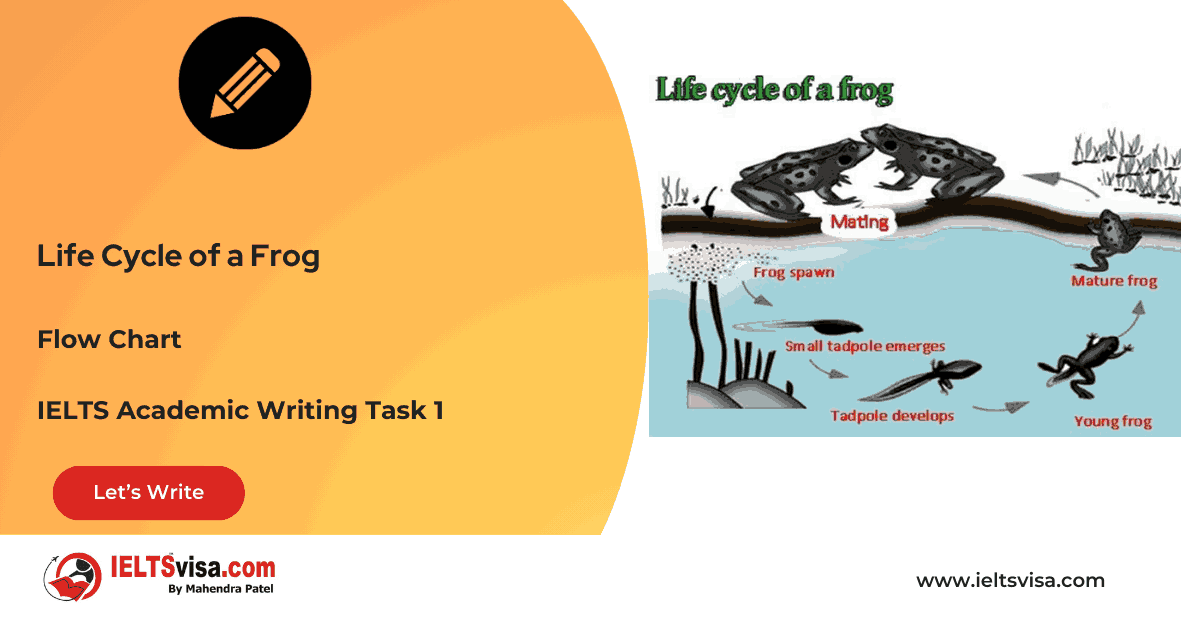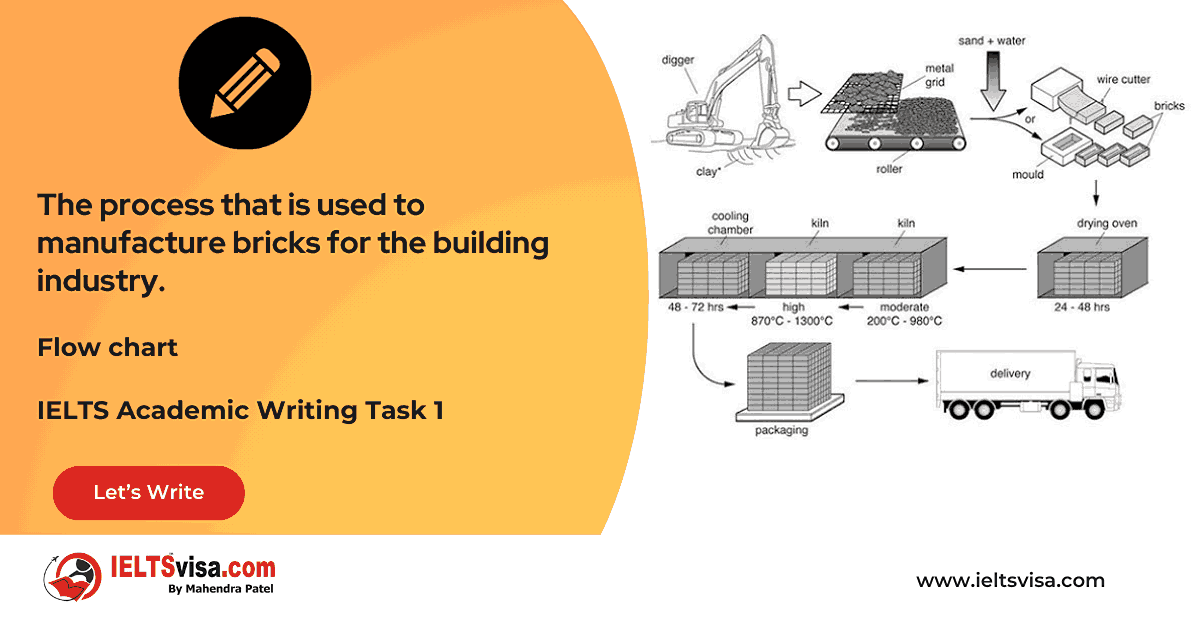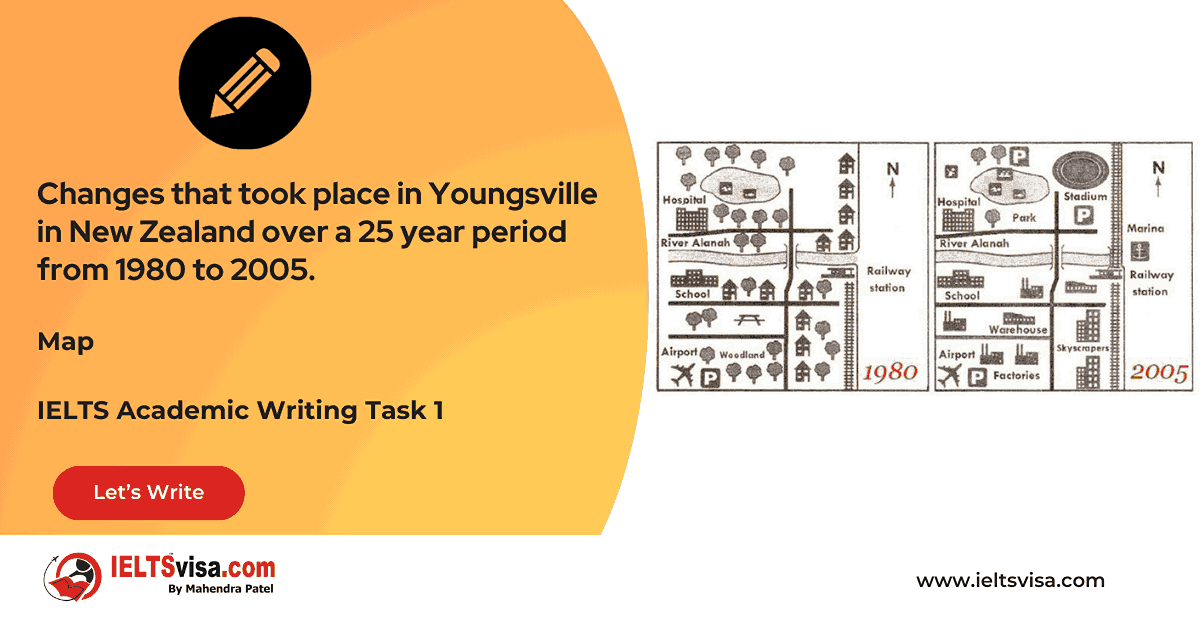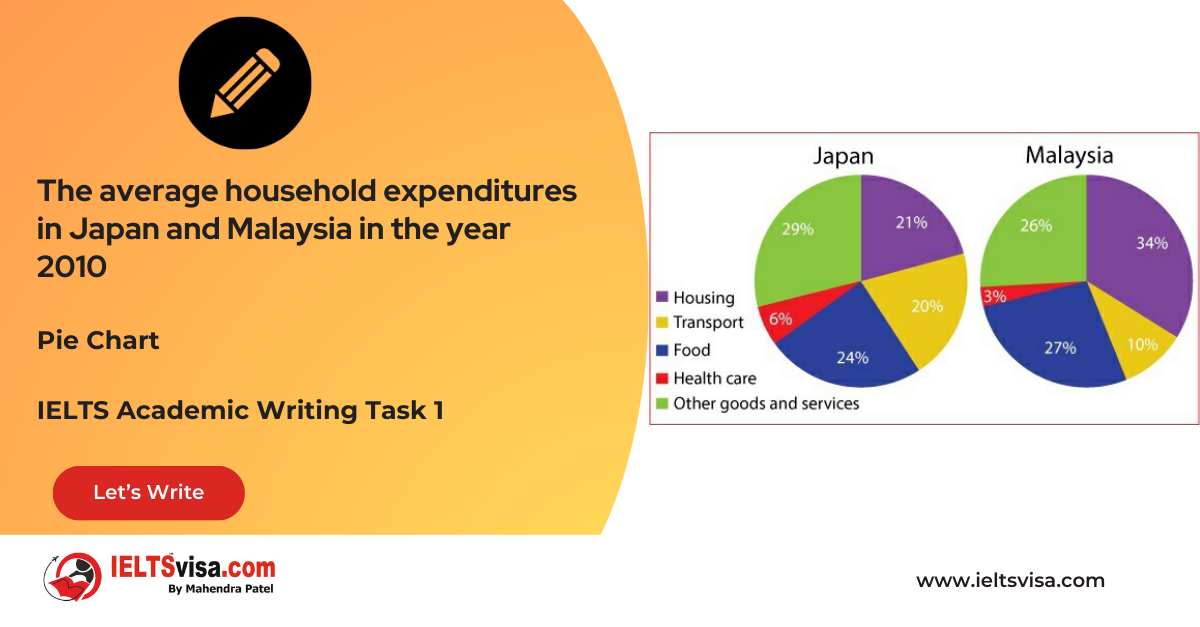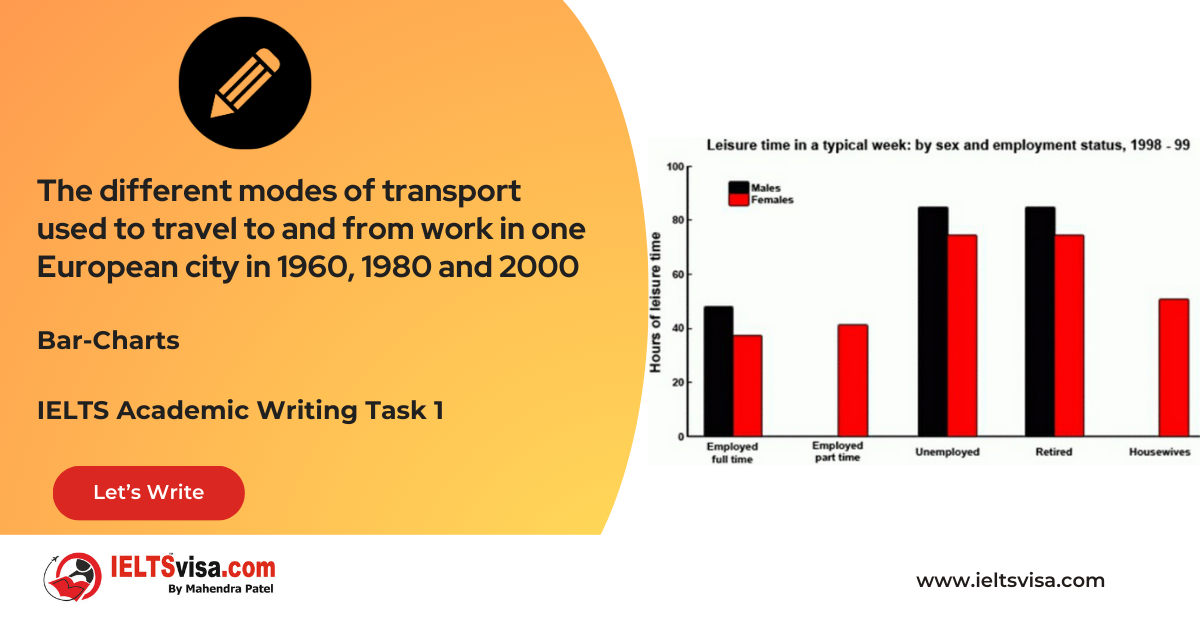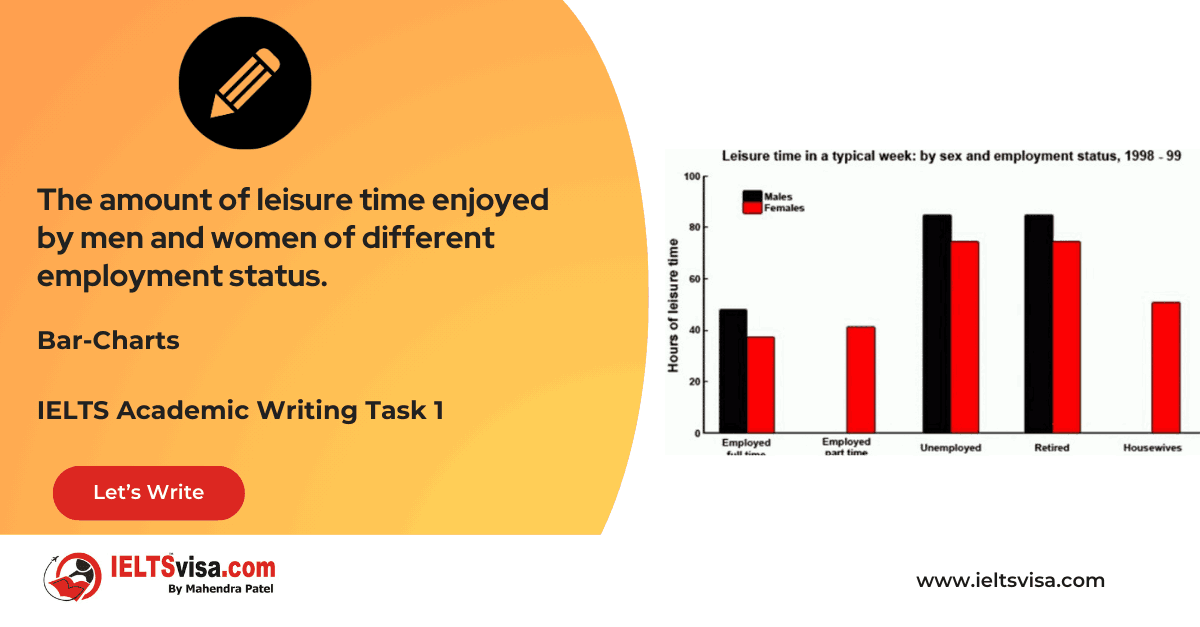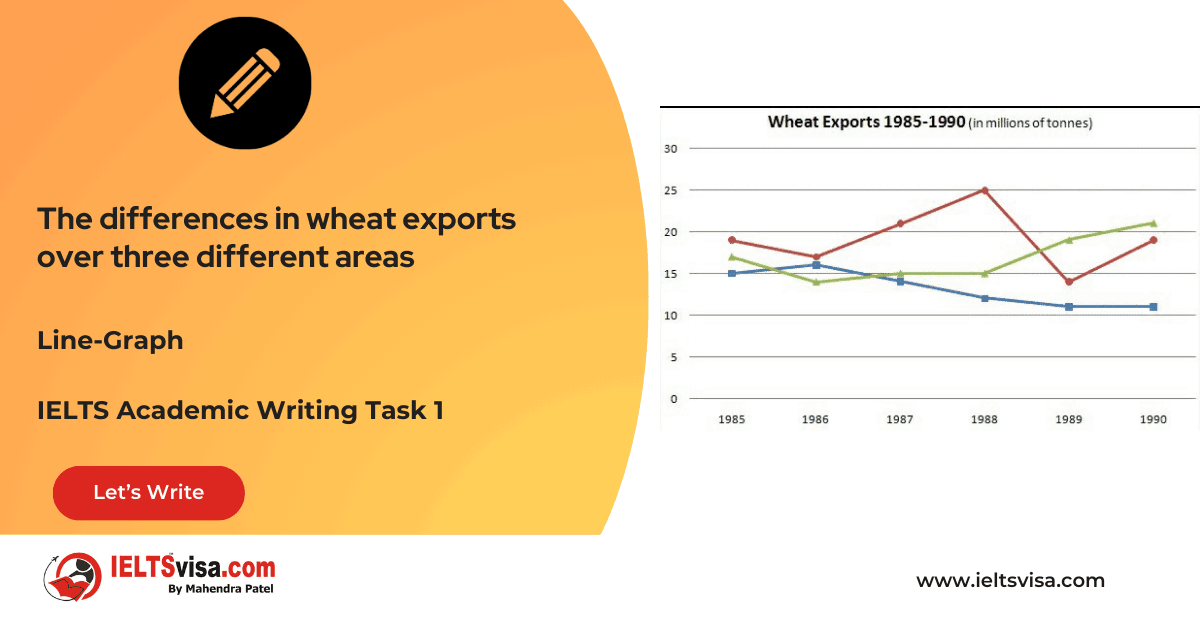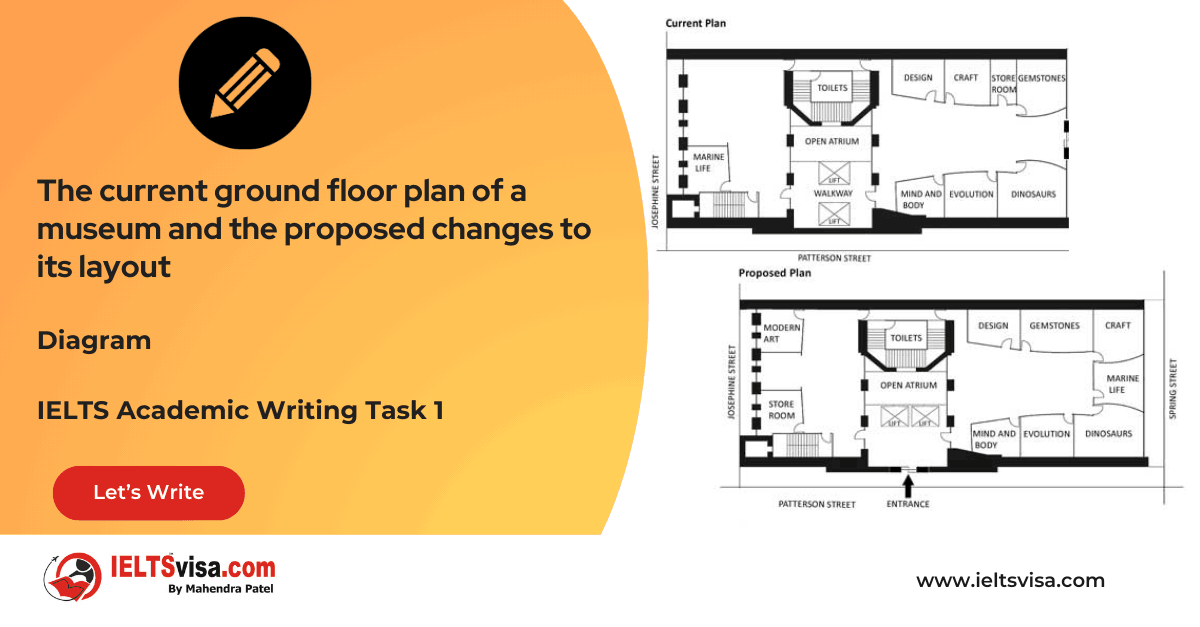Spelling
Lexical Resource & Grammatical Range and AccuracyIELTS Academic Writing Task 1
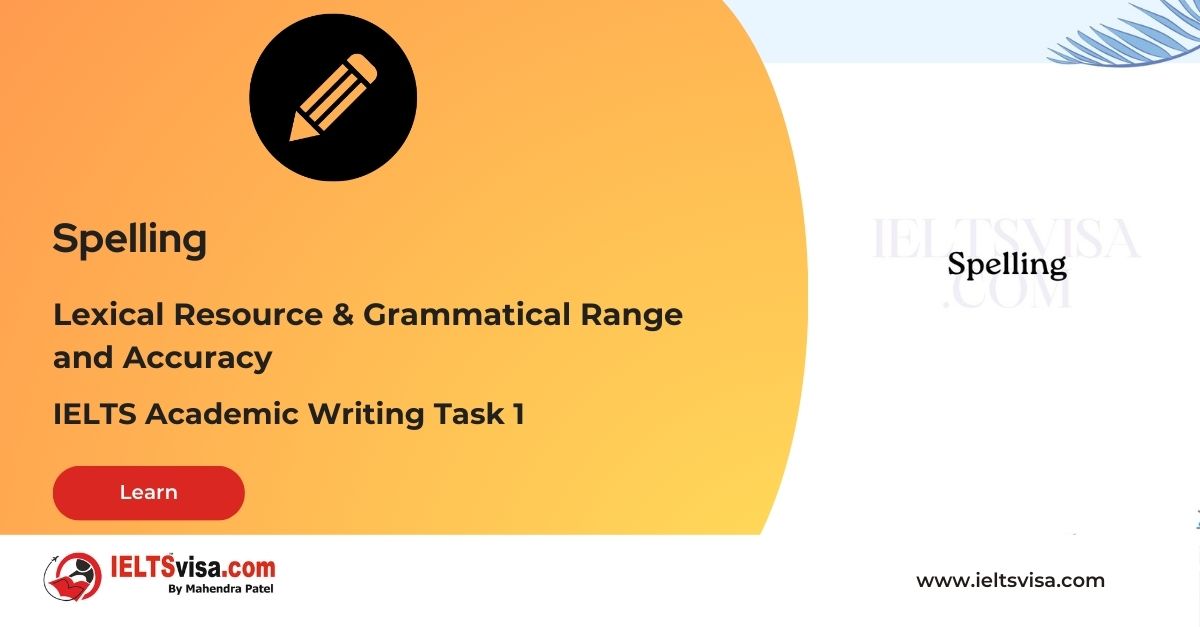
In the IELTS Academic Writing Task 1, demonstrating strong Lexical Resource and Grammatical Range and Accuracy is crucial for achieving a high score.
One essential aspect of lexical accuracy is correct spelling. Proper spelling ensures that your writing is clear, coherent, and easily understood by the reader.
This article will explore the importance of spelling in Task 1, accompanied by examples and answers to help you improve your spelling skills and avoid common mistakes.
1. Pay Attention to Homophones:
Homophones are words that sound the same but have different meanings and spellings. Using the correct spelling to convey the intended meaning accurately is essential.
Example:
Original Sentence:
Their going to the park.
Revised Sentence:
They’re going to the park.
In the revised sentence, the homophone “their” is replaced with the correct spelling “they’re,” which is a contraction of “they are.”
2.Double-check Vowel Sounds:
Vowel sounds can vary in English, and it is important to be mindful of these differences to ensure accurate spelling.
Example:
Original Sentence:
The weather was great.
Revised Sentence:
The weather was great.
In the revised sentence, the incorrect spelling “grate” is corrected to “great,” which accurately represents the sentence’s intended meaning.
3. Be Cautious with Silent Letters:
English words often contain silent letters, which can be challenging to remember. Paying attention to silent letters will help you avoid spelling errors.
Example:
Original sentence:
I red the book.
Revised sentence:
I read the book.
In the revised sentence, the incorrect spelling “red” is corrected to “read,” which is the correct past tense form of the verb “read.”
4. Use Spell-Check and Proofread:
Utilize the spell-check feature in your writing software and take the time to proofread your work carefully. These steps will help you catch and correct any spelling mistakes.
Example:
Original Sentence:
The consert was amazing.
Revised Sentence:
The concert was amazing.
In the revised sentence, the misspelled word “consert” is corrected to “concert” through the use of spell-check and proofreading.
5. Expand Your Vocabulary:
Improving your vocabulary will enhance your writing and reduce the chances of misspelling words. Learn the correct spelling of new words as you encounter them.
Example:
Original Sentence:
The athlet performed well.
Revised Sentence:
The athlete performed well.
In the revised sentence, the misspelled word “athlet” is corrected to “athlete,” which accurately represents the intended meaning.
Spelling accuracy is essential for achieving a high Lexical Resource and Grammatical Range and Accuracy score.
You can significantly improve your spelling skills by paying attention to homophones, vowel sounds, and silent letters, utilizing spell-check and proofreading, and expanding your vocabulary. Practice writing frequently and seek feedback to identify and correct any spelling errors.
With consistent effort and attention to detail, you will enhance your writing and excel in your IELTS examination.








Our Books
Master IELTS Speaking Part 1
IELTS Writing Task 1 Book
IELTS Writing Task 2 Book
Practice IELTS Other Modules
IELTS Listening
The IELTS Listening test assesses how well you can understand spoken English in various contexts. It lasts about 30 minutes and is divided into four sections with a total of 40 questions. The listening tasks become increasingly difficult as the test progresses.
IELTS Academic Reading
The IELTS Academic Reading section assesses your ability to understand and interpret a variety of texts in academic settings. It is designed to evaluate a range of reading skills, including skimming for gist, reading for main ideas, reading for detail, understanding inferences, and recognizing a writer's opinions and arguments.
IELTS Speaking
The IELTS Speaking test assesses your ability to communicate in English on everyday topics. It lasts 11-14 minutes and consists of three parts: introduction, cue card, and a discussion based on the cue card topic.
IELTS General Reading
IELTS General Reading tests your ability to understand and interpret various types of texts. Here are some key areas and types of content you can expect to encounter in the reading section, along with tips for effective preparation.
IELTS Academic Writing Task 1
In IELTS Academic Writing Task 1, you are presented with a visual representation of information, such as graphs, charts, tables, or diagrams, and you are required to summarize, compare, or explain the data in your own words.
IELTS General Writing Task 1
In IELTS General Writing Task 1, you are required to write a letter based on a given situation. The letter can be formal, semi-formal, or informal, depending on the prompt. Here’s a breakdown of the key components to include in your letter
IELTS Academic Writing Task 2
In IELTS Academic Writing Task 2, you are required to write an essay in response to a question or topic. Here’s a guide to help you understand the essential elements of this task
IELTS Exam Tips
To succeed in the IELTS exam, practice regularly, familiarize yourself with the test format, improve your vocabulary, develop time management skills, and take mock tests to build confidence.
Grammer for IELTS
Grammar is the foundation of effective communication in English. Understanding tense usage, subject-verb agreement, and sentence structure enhances clarity and coherence in writing and speaking.
Vocabulary for IELTS
Vocabulary plays a crucial role in the IELTS (International English Language Testing System) exam, especially in the Speaking and Writing sections. Here’s an overview of why vocabulary is important and how it impacts your performance
RECENT IELTS SAMPLES QUESTIONS AND ANSWERS
Task 1 – Diagram – Comparison of Stone Tool Development Over Time
20:00 Start Pause Stop [df_adh_heading title_infix="IELTS Writing Task 1 Question" use_divider="on"...
Task 1 – Flow chart -Life Cycle of a Frog
20:00 Start Pause Stop [df_adh_heading title_infix="IELTS Writing Task 1 Question" use_divider="on"...
Task 1 – Flow chart -The process that is used to manufacture bricks for the building industry.
20:00 Start Pause Stop [df_adh_heading title_infix="IELTS Writing Task 1 Question" use_divider="on"...
Task 1 – Map – Changes that took place in Youngsville in New Zealand over a 25 year period from 1980 to 2005.
20:00 Start Pause Stop [df_adh_heading title_infix="IELTS Writing Task 1 Question" use_divider="on"...
Task 1 – Pie Chart – The average household expenditures in Japan and Malaysia in the year 2010
20:00 Start Pause Stop [df_adh_heading title_infix="IELTS Writing Task 1 Question" use_divider="on"...
Task 1 – Bar Graph – The different modes of transport used to travel to and from work in one European city in 1960, 1980 and 2000
20:00 Start Pause Stop [df_adh_heading title_infix="IELTS Writing Task 1 Question" use_divider="on"...
Task 1 – Bar Graph – The amount of leisure time enjoyed by men and women of different employment status
20:00 Start Pause Stop [df_adh_heading title_infix="IELTS Writing Task 1 Question" use_divider="on"...
Task 1 – Line Graph – The differences in wheat exports over three different areas
20:00 Start Pause Stop [df_adh_heading title_infix="IELTS Writing Task 1 Question" use_divider="on"...
Task 1 – Diagram – The current ground floor plan of a museum and the proposed changes to its layout
20:00 Start Pause Stop [df_adh_heading title_infix="IELTS Writing Task 1 Question" use_divider="on"...

